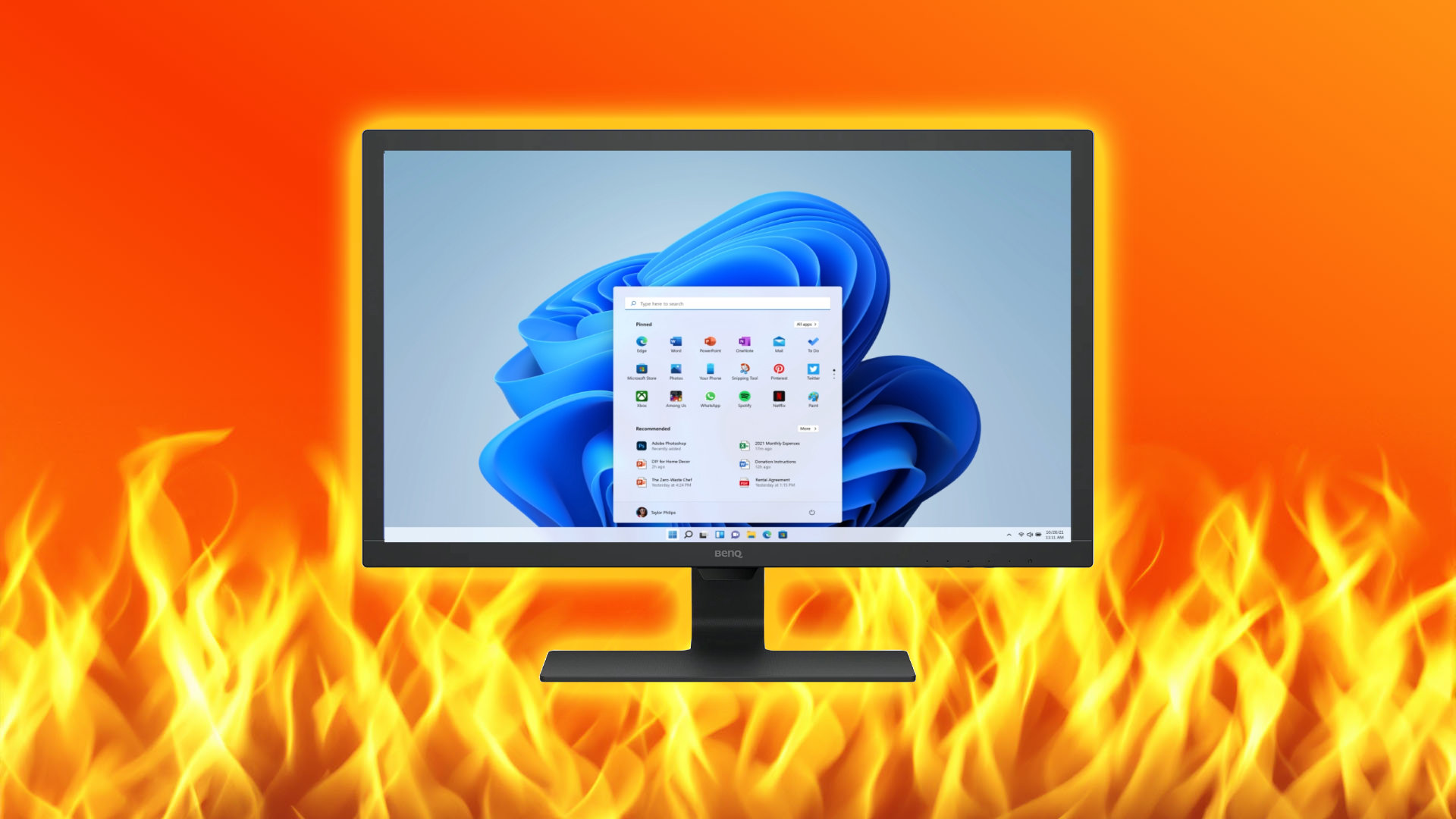
Another bad Windows 11 update launched this week, which stopped several Ubisoft games, including the recent Star Wars: Outlaws, from working. A one-off, unseen error that no one could have predicted? Probably, but to me, it points to a bigger problem that Microsoft has to face. Gamers are fickle, and Microsoft’s dominance over the gaming PC market is beginning to look shaky, thanks to Linux gaming on the Steam Deck.
I don’t believe Microsoft has an agenda against gamers – quite the contrary, it has a vested interest in keeping them on its side. It has plowed billions into hefty acquisitions to bolster the Xbox gaming division’s roster, and it no doubt wants to recoup a healthy return on those investments. Right now, it has luck on its side, too, with the best gaming PCs running Windows 11 without a legitimate alternative available.
That could change, however. Linux isn’t quite ready as a full scale gaming alternative, but it certainly has wind in its sails for the first time in years, thanks (mostly) to new gaming handhelds such as the Steam Deck.
Proton, Valve’s compatibility layer for running Windows games on Linux, has completely changed how we look at Linux gaming. As a result, here at PCGamesN, we now actively look at whether major games run on the Steam Deck (and, as a result, work on Linux) with our Steam Deck compatibility guides.
Right now, I’m not saying it’s time to ditch Windows and switch to Linux, but the idea isn’t as outlandish as it might have seemed five years ago. Thanks to Valve’s efforts, mainstream Linux gaming is viable. Steam Deck game support, using Proton on Steam OS, has made it a platform that serious gamers can start to consider. It has some way to go, not least with anti cheat blocking support, but these aren’t problems that can’t be overcome.
That takes us back to Microsoft. Steam OS should scare Microsoft, because it holds up a future where Windows simply isn’t at all necessary for gamers. We’ve been down this road before, too. Take a look inside your pocket – do you have a Windows smartphone? Microsoft badly underestimated the strength of the Windows brand and, in the end, lost the battle with Google and Apple for supremacy over the mobile market.
Just look at AMD and Intel, too. Once the undisputed champion of the chip-making world, Intel now places second fiddle to its ultra-rival AMD when it comes to gaming performance, and as our AMD Ryzen 7 9800X3D review shows, AMD has produced the best gaming CPU for several years running now. Decades of dominance, resting on its laurels, and now stuck without an answer as a better alternative replaces it, Intel serves as a warning of what could come.
It’s not as if gamers have a strong love for Windows, either. As a recent Steam Hardware Survey showed, it took five years for Windows 11 Steam adoption to reach a majority. Unreliable gaming performance, right from the start, put gamers off. Throw bad drivers into the mix, along with broken updates, such as the most recent Windows 11 24H2 update affecting Ubisoft games, and Windows 11 starts to seem more like a hindrance.
In Microsoft’s defense, it has taken the time to improve its operating system for gamers, and stability and performance have both improved since Windows 11 first launched. It has also introduced new features that can genuinely have a positive impact on game performance, such as DirectStorage.
One bad update won’t take us back to those early Windows 11 days, but as I wrote earlier, gamers can be fickle, and they can’t be taken for granted. Linux isn’t just a platform for a tiny group of enthusiasts, but a genuine alternative that continues to improve and grow. As gamers ditch bulky PCs for alternatives such as handhelds, the risk grows ever greater. Competition is growing, and if Windows loses ground with further bad updates and performance issues, it might not ever regain it.
For the time being, however, Microsoft’s dominion over the PC and laptop market continues. If you want to ditch Windows right now, you might be best off grabbing one of the best gaming handheld options you can buy. Check out our Steam Deck OLED review for our thoughts on Valve’s best-selling handheld, which happily runs without Windows.
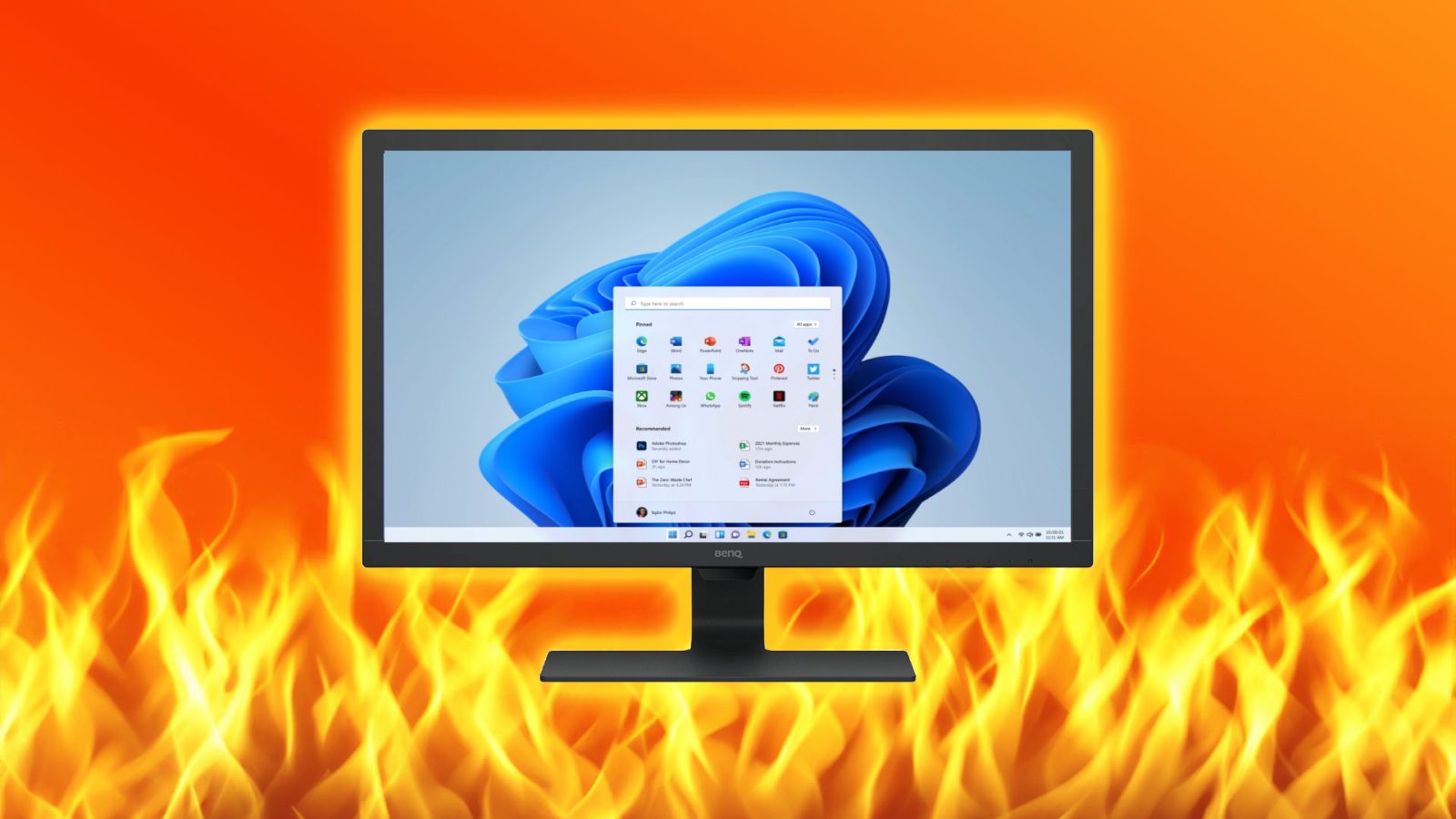

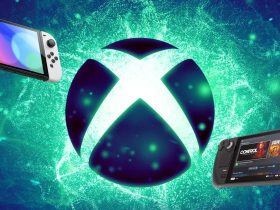



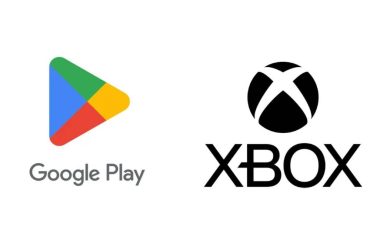
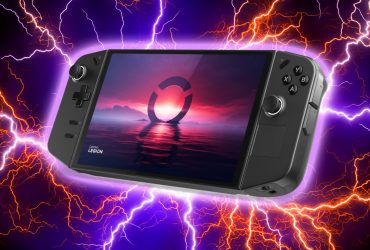

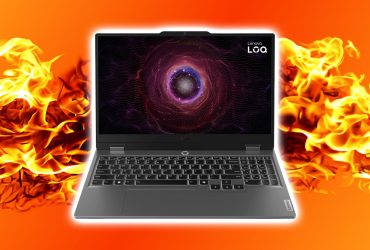
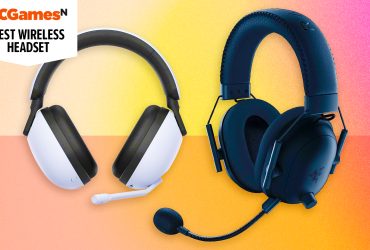
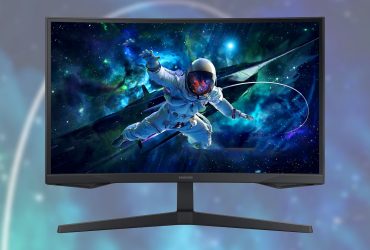
Leave a Reply